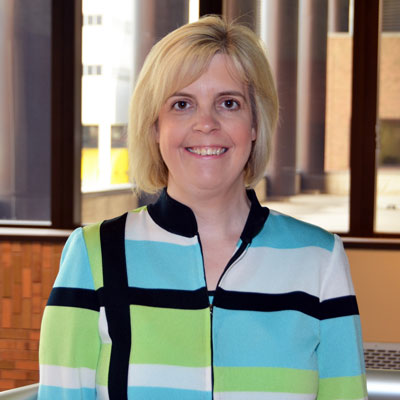Like most nurses, my shifts as a new nurse functioned as consistently as clockwork. I would begin my afternoon shift by reviewing the assignment list. The previous shift’s nurses would handoff the patients, and I would head out to the unit to report to my assistive personnel and review the patients’ medication administration records. Every hour was dedicated to a different task, including my dinner break. That is, until a monumental moment jostled me from my systematic routine.

One of the patients during my first nine months as an RN was a man in his 50s. I met him on our cardiothoracic step-down unit, serving as his nurse after he had surgery for his mesothelioma. I cared for him a couple more times before his final admission. The evening before he died, another nurse who was caring for him told me the man was very restless. I asked my colleague if I could be with the patient and his family, which he approved. My colleagues covered my other patient assignments so I was able to focus solely on caring for the family and their needs during this sacred time.
When I walked into the room, the man’s wife and son were at his bedside. His wife said he was so agitated that she didn’t know what to do. The patient woke when I arrived and stated he had to urinate. Knowing that he had a catheter in place, and it was flowing freely, I calmly told him he could. He mellowed down, eventually drifting to sleep, but would wake up again if his wife tried talking to him. I knew he wanted to be awake to speak to his family, but he kept repeating things and remained restless.
I ended up doing the most nontherapeutic thing at that moment and asked his family to leave the room for a little while. I sat and held his hand for an hour until he fell into deep sleep. I had the family come in about 30 minutes later, knowing the patient would continue sleeping. The patient remained asleep through the night and then died the next morning with his family by his side.
It was during this moment I learned that not only was I a caring person, but I possessed the ability to care. Although I had been able to establish therapeutic relationships with my patients (including this family) before, this moment was different. It was the monumental moment in my career because I knew that I had become a better nurse. I recognized the power of being present. My caring at that time, in that way, did for this patient what medications could not. My calming presence allowed his family to say goodbye and helped him peacefully transition into eternity.
The therapeutic connection between people truly makes the difference when it comes to patient care. I did not follow my clockwork routine that day, but I learned that a schedule is good to have as a guide, yet it is not written in stone.
I left my shift that day knowing with my whole being that I was called to be a nurse. Never again did I let my routine get between me and my ability to be fully present for my patients and their families.






